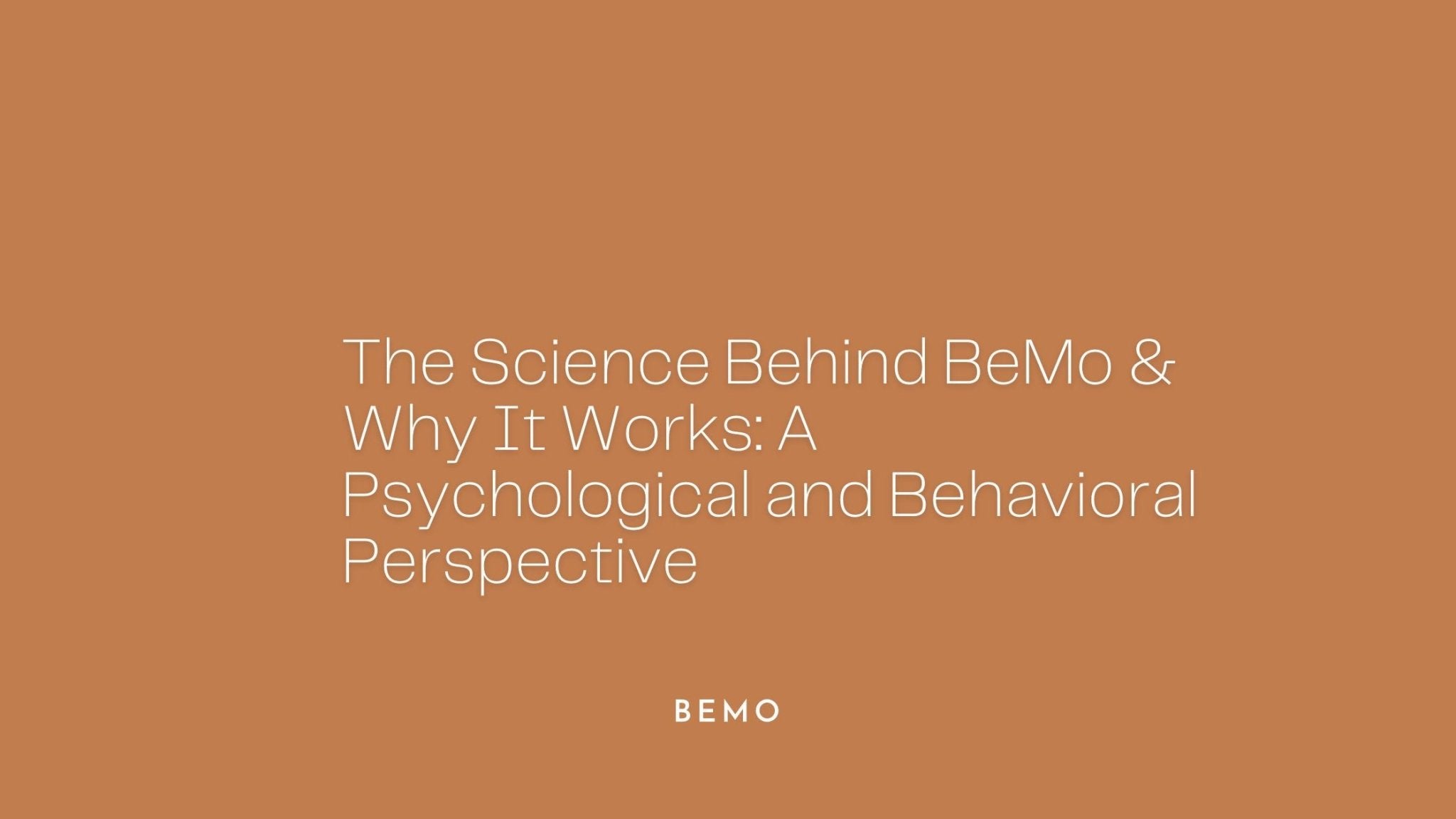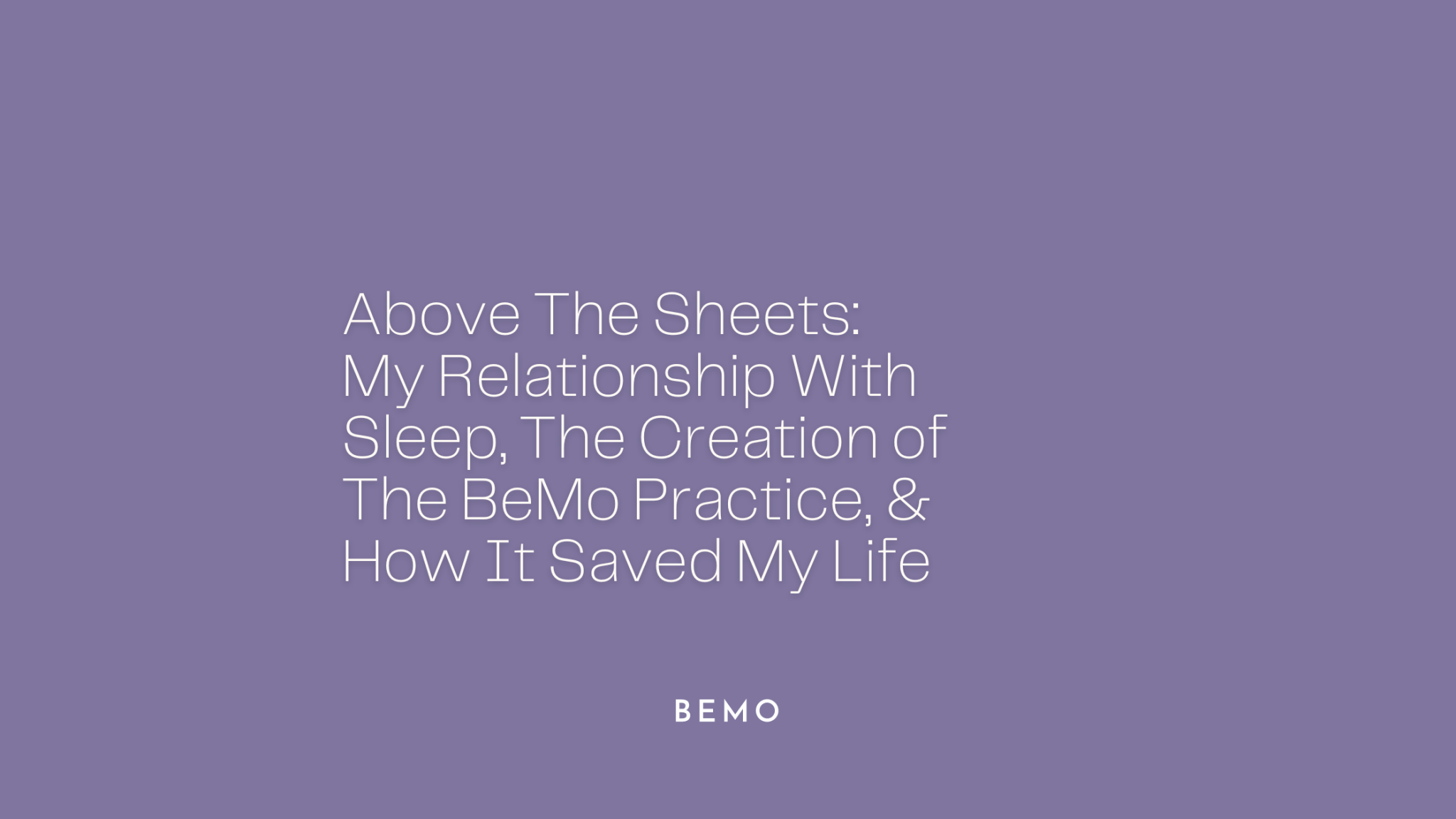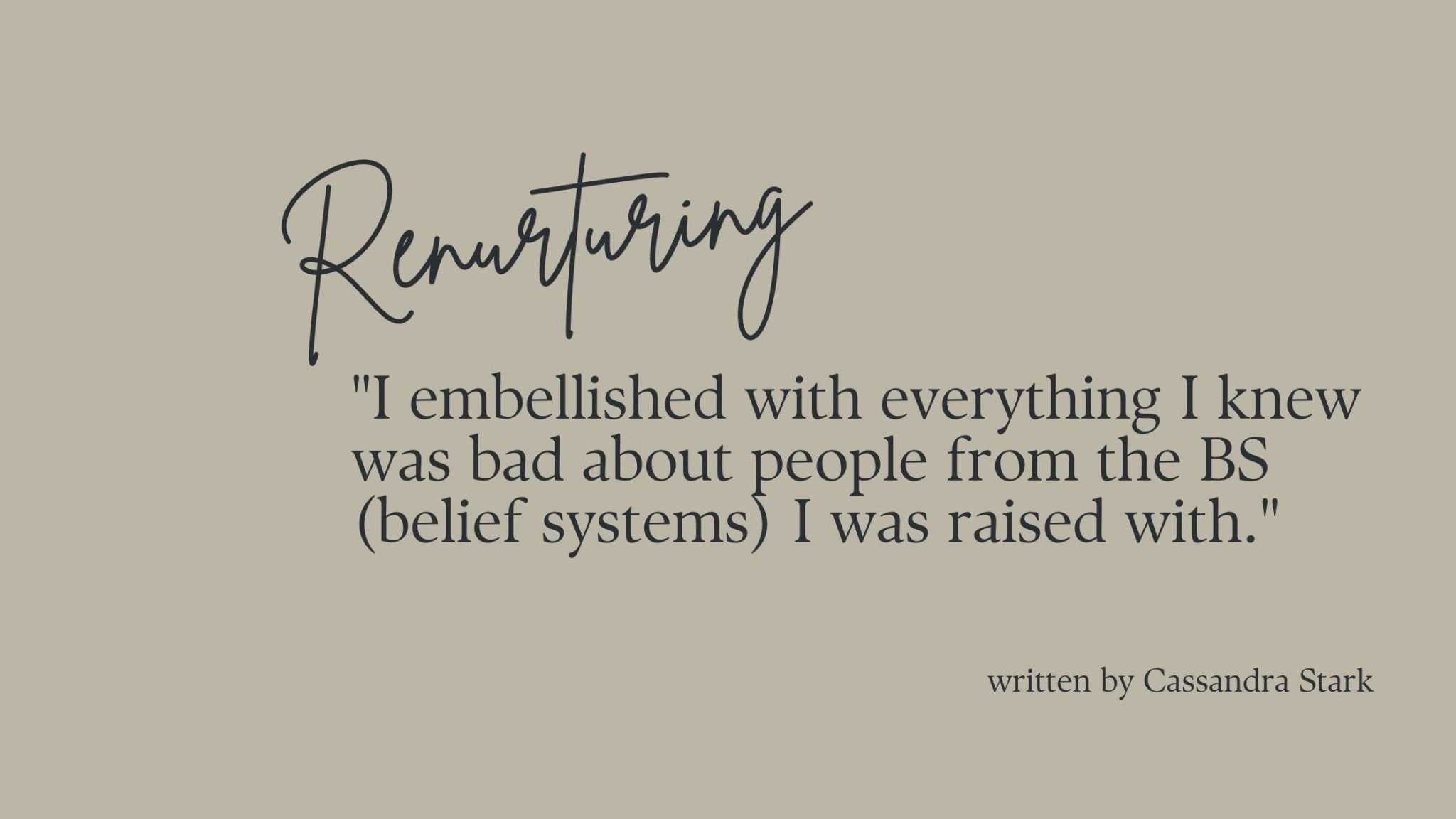The effectiveness of The BeMo Practice isn’t just based on theoretical principles—it’s grounded in established psychological and behavioral science. This post explores how the FUNCK Methodology aligns with and enhances cognitive-behavioral techniques, emotional regulation strategies, and contemporary psychological research.
Cognitive-Behavioral Foundations:
- The Feelings and Understanding stages of FUNCK resonate with cognitive-behavioral therapy (CBT) by encouraging users to identify and label their emotions, a key aspect for recognizing and altering maladaptive thought patterns. This awareness is crucial for breaking the cycle of negative thinking and behavior.
Emotional Regulation Techniques:
- Similar to dialectical behavior therapy (DBT), the Feel and Deal stages focus on managing intense emotions effectively. Users learn skills like mindfulness and distress tolerance, which are vital for handling emotional crises and reducing impulsive responses.
Development of Personal Agency:
- The Can stage enhances personal efficacy, mirroring aspects of solution-focused therapy by emphasizing what individuals can do to adapt and overcome challenges. This empowerment shifts the focus from external circumstances to internal capabilities, fostering resilience.
Holistic and Integrative Approach:
- The BeMo Practice integrates techniques from various therapeutic models, including elements of Internal Family Systems (IFS) through its acknowledgment of different emotional states and needs (the Needs and Knowing stages). This integration promotes a comprehensive understanding of one’s mental and emotional landscape.
Sustained Personal Growth and Self-Actualization:
- The Knowing stage aligns with concepts from humanistic psychology, particularly the ideas of self-actualization presented by Abraham Maslow. This stage encourages ongoing self-reflection and realization, fostering continuous personal development and fulfillment.
The BeMo Practice is more than just a set of tools; it’s a scientifically-backed methodology that combines the best of cognitive-behavioral, dialectical, and humanistic therapies. It addresses not just symptoms but the root causes of psychological distress, promoting lasting change and profound personal growth. In our next post, we'll share real-life success stories from individuals who have transformed their lives through The BeMo Practice, illustrating its impact and effectiveness.
Continue Reading: Your Healing Journey & Empowerment through The BeMo Practice.








